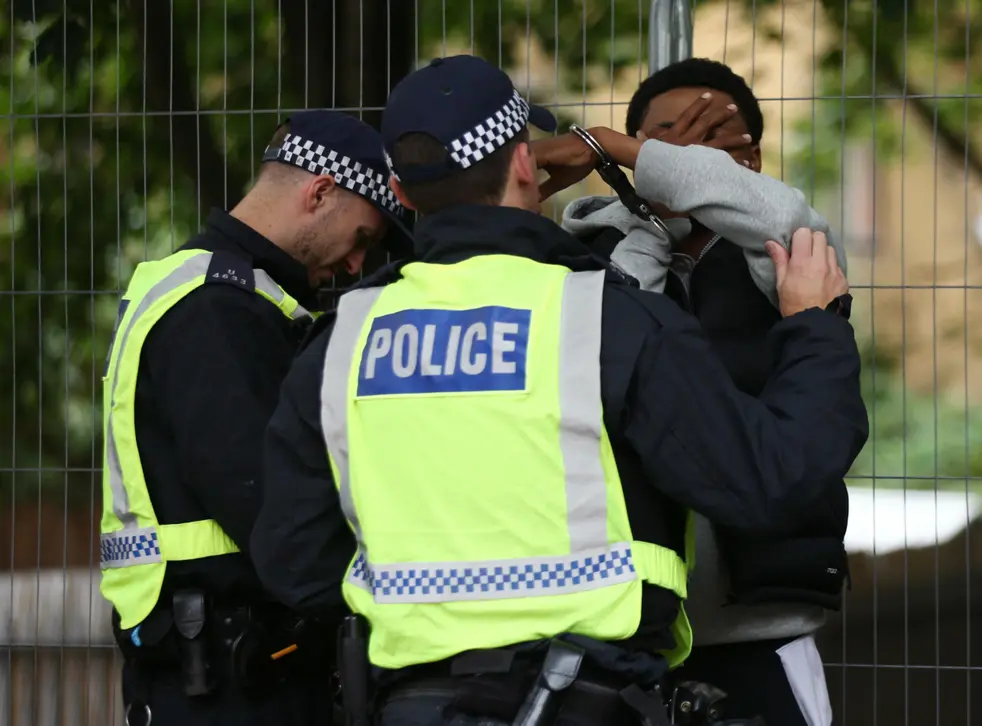A coalition of racial justice organisations have written an open letter to Sir Mark Rowley, Commissioner of the Metropolitan Police Service, expressing deep concern with its response to the Casey Review, its ‘New Met for London’ Plan.
The letter co-ordinated by the Runnymede Trust and signed by groups and individuals including Inquest, Stopwatch, BEO and Lord Simon Woolley, outlines regret for a missed opportunity for the Met to signal that it intends to radically change, and acknowledge where the wrongdoing and deep failures are rooted. The continued refusal to acknowledge the institutional nature of racism within the Met, alongside proposed plans for further expansion of the scale, practices, and tools it currently employs, will only further entrench disproportionalities in how Black and minority ethnic Londoners are policed.
In the last week alone, the IOPC have launched investigations into the death of a Black man who died in police custody earlier this month, and an instance widely shared on social media of a Black woman who was handcuffed, in front of her young son, after being wrongfully accused of not paying her bus fare. Six Met officers are currently under investigation for handcuffing a 90-year-old Black woman with dementia and putting her in a spit hood. We recall in recent memory the deaths of Chris Kaba and Oladeji Omishore following contact with Met officers; the grotesque treatment of Nicole Smallman and Bibaa Henry by Met officers; Child Q and the hundreds of children strip searched by Met officers; and the exposure of Met officers demeaning their Black and minority ethnic colleagues.
The deep seated failures of British police forces require a crisis-level response. Of particular concern is the lack of openness as to who was consulted in drafting these proposals outlined in the ‘New Met for London’ Plan, and a lack of accountability for how they are delivered, and the outcomes they achieve.
The letter calls for an equalities impact assessment into the ongoing use of databases, predictive policing algorithms and surveillance technologies, such as the Gangs Violence Matrix and facial recognition technology, which are already evidenced to be discriminatory. It also states that preventing crime and anti-social behaviour requires addressing the root causes of crime; eradicating poverty, access to good education, housing and health care and the equality of opportunity for all.
Serious concerns are raised over the call for a further £336m of Met funding, a public service which has received hundreds of recommendations on how to address the excessive and disproportionate policing of Black and minority ethnic Londoners, yet has failed to implement them for decades. The letter strongly advocates for investment to be directed instead into evidence-based approaches that tackle the root causes of crime. These include essential social infrastructure such as community-based youth and mental health support services, affordable housing and education initiatives.
Dr Shabna Begum, Interim co-CEO of the Runnymede Trust, said:
“We are at an absolute crisis point with regards to how Black and minority ethnic communities are policed, and there is a failure to offer an appropriate, crisis-level response.
Our communities face punitive and punishing policing that has for decades stripped away confidence and consent. Despite publishing an 80-page plan for reform, these proposals fail to inspire confidence in the feasibility of what feels like yet another series of promises, nor do they set out how the Met can be held accountable in any defined way.
We all deserve to feel safe in our communities, and in our interactions with state institutions which are supposedly there to keep us safe, but this plan for ‘A New Met for London’ is wholly disappointing, very little feels new, even less feels like a concrete plan, and all our communities in London deserve better.
We recognise the need for greater funding – but disagree with where that funding should go; we know that in terms of meeting crime reduction, it is significant and sustained investment into community-based solutions that tackle the root causes of crime.”
